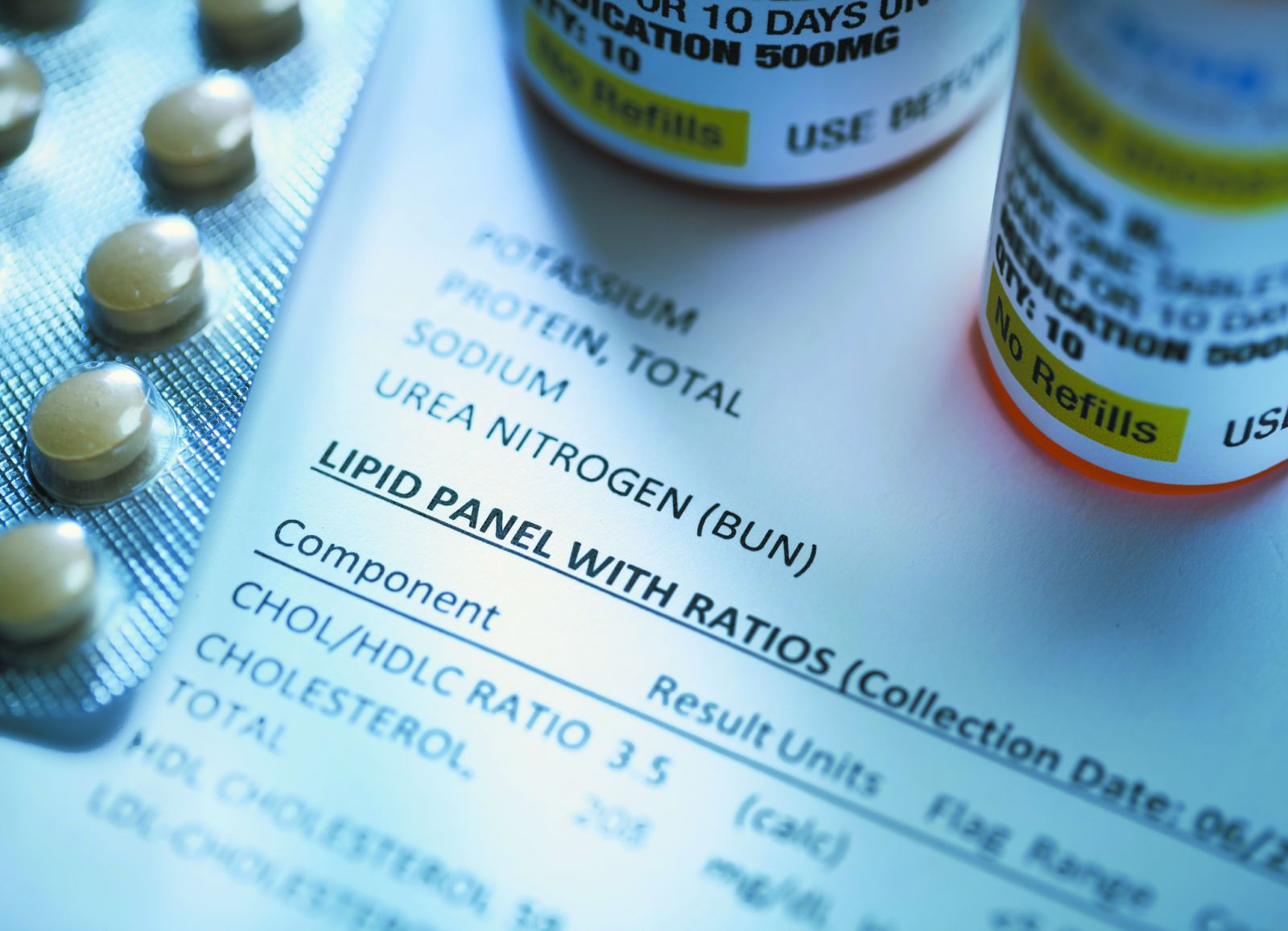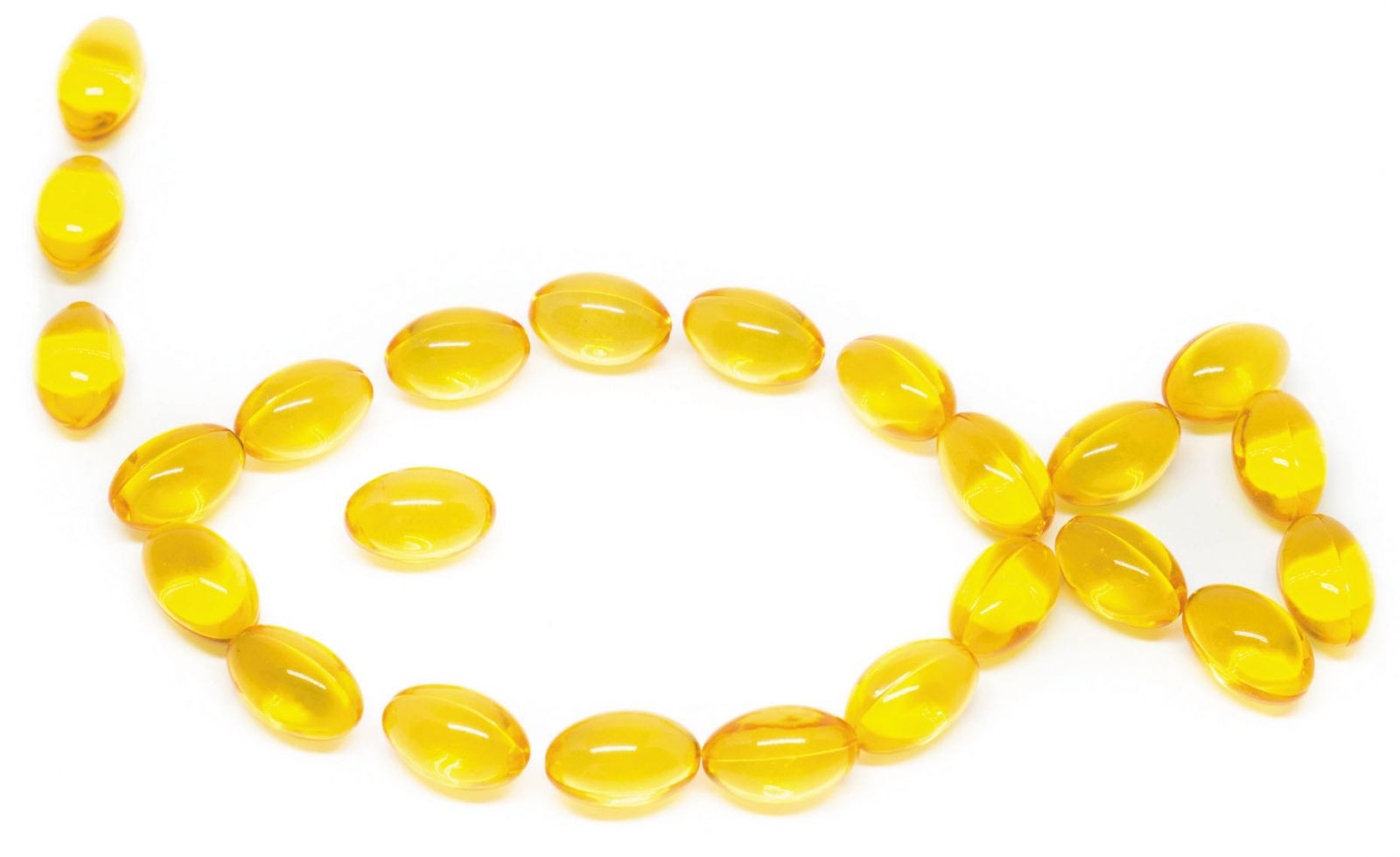Recent Blog Articles

How — and why — to fit more fiber and fermented food into your meals

Tick season is expanding: Protect yourself against Lyme disease

What? Another medical form to fill out?

How do trees and green spaces enhance our health?

A muscle-building obsession in boys: What to know and do

Harvard Health Ad Watch: New drug, old song, clever tagline

Concussion in children: What to know and do

What color is your tongue? What's healthy, what's not?

Your amazing parathyroid glands

When — and how — should you be screened for colon cancer?
Heart Health Archive
Articles
A more personalized approach to treating high cholesterol
New guidelines refine the recommendations for treating the leading causes of death and disability.
Image: © Bill Oxford/Getty Images
Cholesterol, the waxy, fatlike substance that contributes to heart attacks and strokes, is among the best-known contributors to cardiovascular disease — and with good reason. For decades, doctors have recommended blood cholesterol testing, often during annual checkups. Nearly one in three American adults has high levels of LDL, the most harmful type of cholesterol. Expert advice on managing this common problem now takes a more personalized approach, according to updated guidelines released by the American College of Cardiology and American Heart Association last November.
"The new guidelines really codify and support what many preventive cardiologists already do," says Dr. Jorge Plutzky, director of preventive cardiology at Harvard-affiliated Brigham and Women's Hospital. They tailor treatment based not just on LDL values but also a person's overall risk, he explains.
Prescription-strength omega-3 fatty acids to prevent heart disease?
A drug made from a highly purified fat from fish reduced cardiovascular events in people with heart disease or diabetes.
Image: © ksbank/Getty Images
Some people at high risk for a heart attack or stroke now have a new option to help them dodge those dangerous events: a prescription drug that contains large doses of EPA, an omega-3 fatty acid found in fish oil.
In a recent study, the drug, icosapent ethyl (Vascepa), led to dramatic drops in heart attacks, strokes, and deaths from cardiovascular disease in people with high triglycerides (see "What is the REDUCE-IT trial?"). Triglycerides, a type of fat in the blood, have been getting more attention of late for their role in heart disease.
Lead and heart disease: An underappreciated link?
This toxic metal can boost blood pressure and may raise the risk of cardiovascular disease.
Image: © ogiana/Getty Images
Lead is widespread in our environment, and even low blood levels of this toxic metal may raise the risk of heart disease, a growing body of evidence suggests.
Last year, a study in Lancet Public Health found a link between lead exposure and a higher risk of death from cardiovascular disease. The data came from a nationally representative sample of more than 14,000 people in the United States who were adults in the late 1980s. The association persisted after researchers controlled for many confounding factors and was evident even among people with blood lead levels of less than 5 micrograms per deciliter (mcg/dL). Until 2013, only levels higher than 10 mcg/dL were considered worrisome, and mainly for children.
Legume of the month: Black beans
Image: © cheche22/Getty Images
Black beans are a staple in many Central and South American countries. In Guatemala, they may be stuffed in a thick corn tortilla (pupusa), while Costa Ricans enjoy a dish of refried black beans, rice, and onions called gallo pinto. The Brazilian national dish, fejoiada (pronounced "feyj wah dah"), also features black beans, and while it traditionally includes sausage and other meat, you can find recipes for vegetarian versions online.
Black beans are also popular in the United States, thanks in part to the proliferation of fast-casual Mexican restaurants that feature black beans as a side dish or tucked into burritos, tacos, and other specialties.
Does blood pressure rise because of age — or something else?
Research we're watching
Image: © AndreyPopov/Getty Images
Among people in the United States and other westernized countries, blood pressure readings tend to rise with age. But a new study suggests that's not true for the Yanomami, a tribe of hunter-gatherer-gardeners living in a remote Venezuelan rain forest.
Researchers measured blood pressure in 72 Yanomami people and 83 people from a nearby tribe, the Yekwana. The people ranged in age from 1 to 60 years old. The Yekwana have been slightly "westernized," thanks to missionaries and an airstrip that allows for occasional deliveries of processed food and salt.
Healthy habits help people sidestep clogged leg arteries
Research we're watching
The buildup of fatty plaque in arteries outside of the heart, especially in the legs, is known as peripheral artery disease (PAD). A new study finds that middle-aged adults with optimal scores on a metric of cardiovascular health called "Life's Simple 7" are much less likely than people with less favorable scores to develop PAD.
Developed by the American Heart Association, the Simple 7 score takes into account cholesterol, blood pressure, blood sugar, physical activity, diet, smoking status, and body mass index. For the study, published in the November 2018 American Journal of Epidemiology, researchers followed 12,865 people with an average age of 54 over a median of about 24 years. People with optimal scores or average scores had, respectively, a 91% and 64% lower risk of PAD compared with people whose scores suggested poor health. The findings are similar to or even stronger than previous studies focusing on the predictive power of Life's Simple 7 for heart disease or stroke risk, according to the authors.
Psyllium fiber: Regularity and healthier lipid levels?
Research we're watching
Psyllium, which comes from the seeds of the herb Plantago ovata, is a popular fiber supplement used to treat constipation (Metamucil is one familiar brand, but many similar products are available). Psyllium husk also helps lower LDL cholesterol levels as well as two other lipid markers for heart disease, according to a study in the Sept. 15, 2018, American Journal of Clinical Nutrition.
The study pooled findings from 28 trials in people with normal and high cholesterol levels. It found that a daily dose of about 10 grams of psyllium husk lowered harmful LDL cholesterol 13 mg/dL when taken for at least three weeks. It also led to a similar drop in non-HDL cholesterol (a number that includes LDL and other harmful lipoprotein particles) and ApoB (a substance found in many lipid particles, considered by some experts to be an even better predictor of heart disease than LDL or non-HDL).
How to lower your cholesterol without drugs
You can begin to reduce your "bad" LDL cholesterol naturally by making a few simple changes in your diet.
If your cholesterol is creeping upward, your doctor has probably told you that diet and exercise—the traditional cornerstones of heart health—could help to bring it down. And if you'd prefer to make just one change at a time to lower your cholesterol naturally, you might want to begin with your diet. A major analysis of several controlled trials involving hundreds of men and women found that dietary changes reduced LDL and total cholesterol while exercise alone had no effect on either. (However, adding aerobic exercise did enhance the lipid-lowering effects of a heart-healthy diet.)
Recent Blog Articles

How — and why — to fit more fiber and fermented food into your meals

Tick season is expanding: Protect yourself against Lyme disease

What? Another medical form to fill out?

How do trees and green spaces enhance our health?

A muscle-building obsession in boys: What to know and do

Harvard Health Ad Watch: New drug, old song, clever tagline

Concussion in children: What to know and do

What color is your tongue? What's healthy, what's not?

Your amazing parathyroid glands

When — and how — should you be screened for colon cancer?
Free Healthbeat Signup
Get the latest in health news delivered to your inbox!
Sign Up









